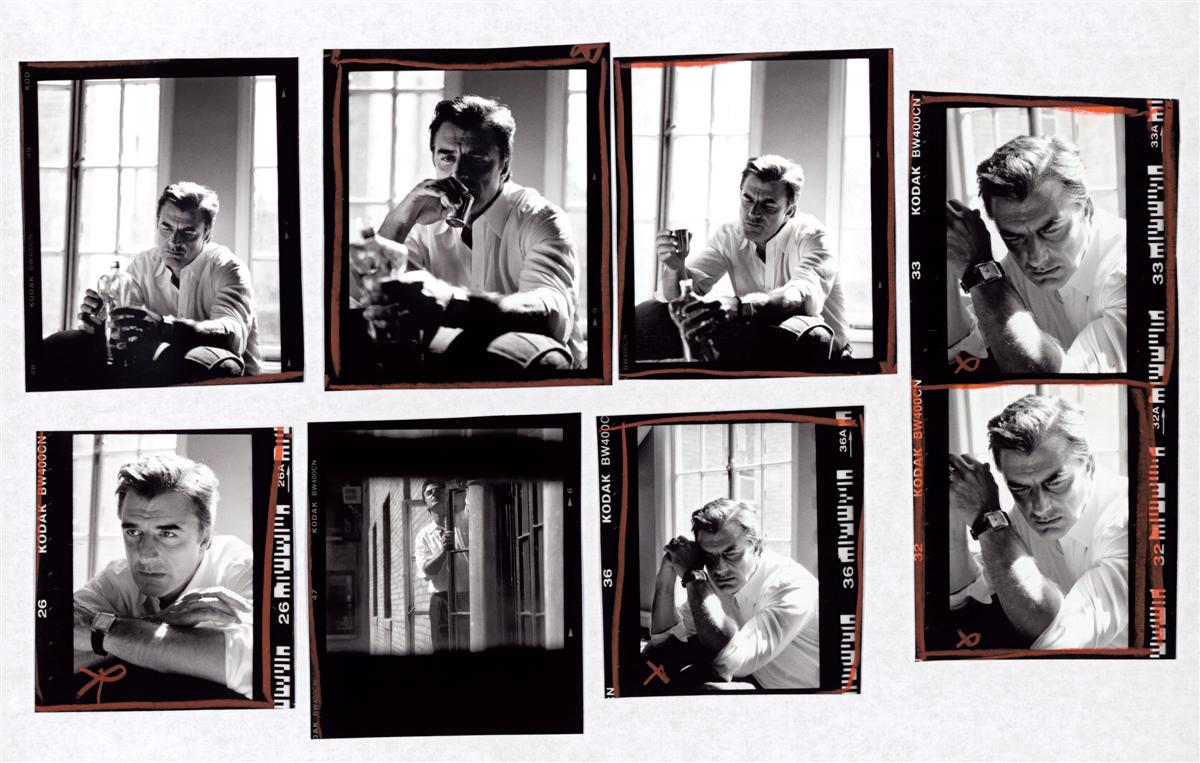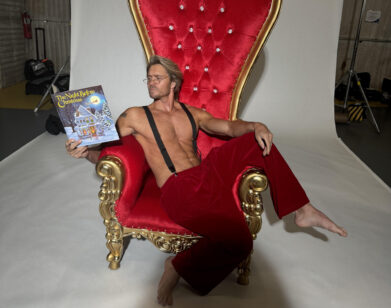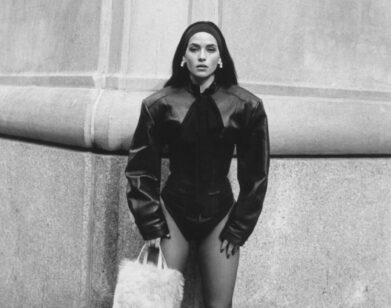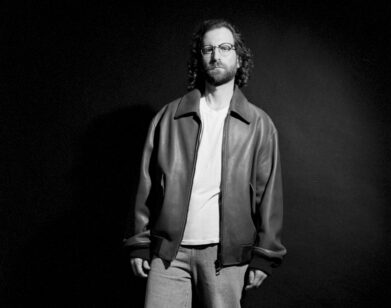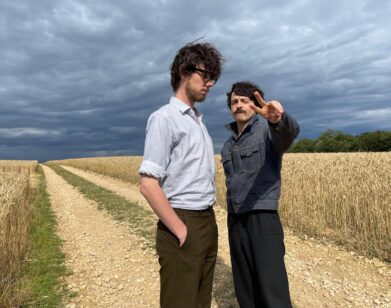Chris Noth
We all have those stories of struggling in New York. But the fact of the matter is, we were able to do it. CHRIS NOTH
Even people unplugged from all media probably know by now that there’s a new movie called Sex and the City high-heeling into cinemas. What even a few fans of the television show may not know is that the character of Mr. Big, played by Chris Noth, was based on former glossy-magazine publisher Ron Galotti, who had a relationship with Sex and the City author Candace Bushnell (i.e. Carrie Bradshaw) in the early ’90s. Here’s what happened when Interview arranged for a Big summit.
RON GALOTTI: What are we doing? An interview, right?
CHRIS NOTH: Jesus Christ, Ron! You don’t know what we’re doing? They’ve been talking about this for months.
RG: Wait a minute. Are you having a baby, did I hear?
CN: Yes. He’s 3 months old.
RG: How cool. How good is that for you? You lovin’ it?
CN: Yeah. He’s going through a little bit of a grouchy stage right now, which we all agree probably comes from me. [laughs] How many kids have you got?
RG: I have just one, but she’s 9 years old.
CN: Are you in Vermont?
RG: Yes. Are you a big skier?
CN: Yeah, I miss it. When I get up to the Adirondacks, I do it quite a bit. There’s great cross-country skiing up there. You know, last winter I was up there, and we didn’t have a drop of snow for Christmas. It was 60 degrees. It was disgusting.
RG: You know what? I fear for our kids that when they’re our age. . . .
CN: Oh, I think about it right now. I think maybe I’ll be telling them it used to be that these winter months would be very cold. We should all be environmentalists.
RG: I miss on occasion being smart, which New York provides—you know, that sensibility. But with the exclusion of that, I would say nothing else.
CN: Well, yeah. New York is pretty much commercialized to the point of no return.
RG: Have you lived in New York your whole life?
CN: Both my parents worked in the city. We lived in Stamford [Connecticut] and came in as kids. I came here as an actor in ’78. It’s a city for me to work in. But the excitement of New York was the varied and diverse eccentrics who were able to live there, and the different neighborhoods and the different kinds of places that they created. That’s all been washed out.
RG: Yeah, I know.
CN: It’s very suburban. The art scene really left, except in patches. It’s all about sort of a corporate sensibility, and it’s squeezed out room for any other kind of -sensibility-money talks, bullshit walks, I guess. I’m always going to keep a place here, but. . . .
RG: I came to New York to live in 1972 probably. I always tell people, “My crazy city.” I lived on Bedford Street in a walk-down.
CN: I did that. I lived on Downing in a walk-down.
RG: And the guy who had the social club on the block had a big dog that dumped on my stoop every day, but I had to walk up to see it, not down into it. [laughs]
CN: I mean, I think we all have those stories of struggling in New York. But the fact of the matter is, we were able to do it. The city provided a cushion, so to speak, where we could struggle.
RG: Oh, no. None of us can do that anymore. Too expensive.
CN: What does that mean when you say that, though? That means that only certain kinds of people can be in the city. People pooh-pooh the idea that everything changes. But if you get so rarefied that you can’t live in the city unless you’re making a quarter-million dollars a year, then what does that mean?
RG: I don’t think a quarter of a million is going to cut it!
CN: Hell. Shit.
RG: Well, you know what? Your eyes see differently as time goes on. Not that I’m an older, wiser bull.
CN: Well, you are older.
RG: [laughs] Thank you. I deserved that. How old are you?
CN: Wait a minute. Is Interview on the line? [laughs] I’m 53.
RG: So you’re not a baby.
CN: No. Fuck, no.
RG: When I was a kid, we hitchhiked all over.
CN: Oh, Jesus Christ. I’d hitchhike to the Berk-shires, across the country. It was a way of life.
RG: Yeah. It was just like, “Why not?”
CN: So when you say, “Well, you can’t hitchhike anymore,” what does that mean? It means it’s a fearful environment where no one can trust to pick up a stranger, or a stranger can’t trust to get in a car. I remember girls used to hitchhike. There’s a great chapter [in On the Road] of Kerouac hitching south and west, and hopping trains, and experiencing life in America, and opening himself up to finding answers. That search I find lacking. That openness. Right now, we’ve got ourselves stuck in one thing, which is make money as fast as we can—because it’s hard to live in this world without it. Let’s face it.
RG: So was the Sex and the City movie fun to do, or was it just a movie?
CN: No, it was fun to do. You’re buoyed by great writing, and Sarah Jessica Parker is always on her game, and, you know, it’s just a blast. It’s a piece of the New York experience. It is fun to be a part of something like that. I kind of feel like Sex and the City is really a bona fide New York.
RG: Oh, yeah. It’s phenomenal.
CN: It’s iconic. I’ve never been in any project that is this anticipated. It’s a real pleasure.
RG: I’m not in your business, but there probably won’t be anything else in your life quite like this. Hopefully you’re lucky enough. But being Mr. Big in Sex and the City is—
CN: And I owe it all to you, Ron.
RG: Ab-so-fuckin-lutely.

